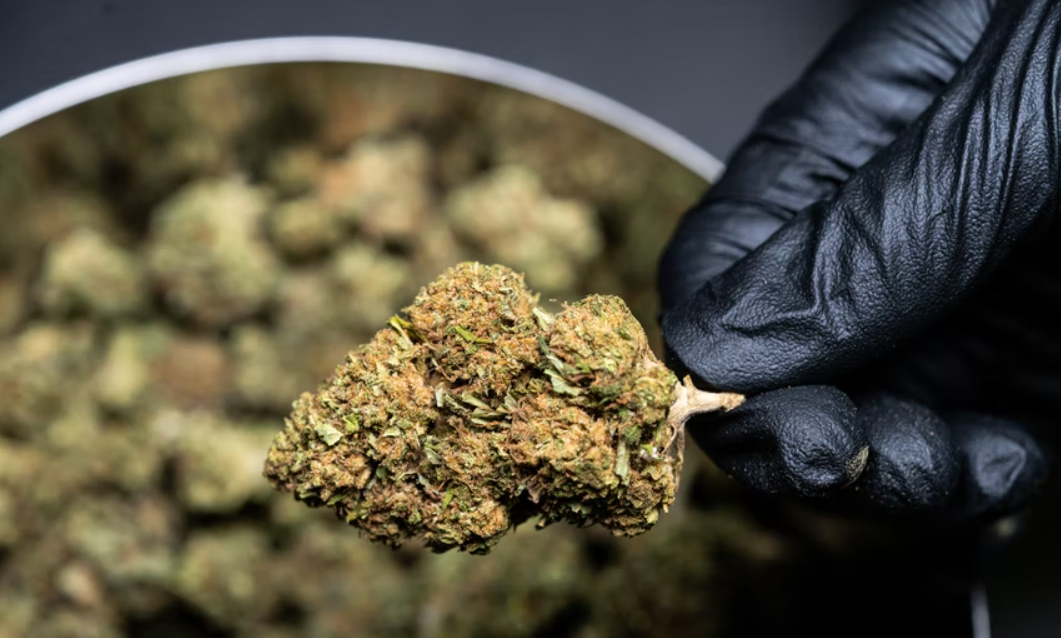DEA Warns Georgia Pharmacies Against Dispensing Medical Cannabis
LOS ANGELES-The Drug Enforcement Administration (DEA) has issued a stark warning to pharmacies in Georgia, stating that dispensing medical cannabis remains illegal under federal law. This warning comes nearly two months after the Georgia Board of Pharmacy permitted independent pharmacies to dispense THC oils, a move hailed as a historic milestone in the state’s approach to cannabis.
Matthew J. Strait, Deputy Assistant Administrator of the DEA’s Diversion Control Division, clarified in a memo last month that DEA-registered pharmacies are only authorized to dispense controlled substances classified in Schedules II-V of the Controlled Substances Act. The memo emphasized that neither cannabis nor THC (tetrahydrocannabinol) can be lawfully possessed, handled, or dispensed by any DEA-registered pharmacy.
The DEA memo, as reported by Smart Approaches To Marijuana (SAM), reiterates that all DEA registrants, including pharmacies, must comply with federal laws and regulations. Under these laws, cannabis products with delta-9 THC content above 0.3% are classified as marijuana, a Schedule 1 controlled substance. This classification also extends to products containing any amount of synthetically produced THC.
SAM, an organization opposing cannabis legalization, praised the DEA’s stance. Kevin Sabet, SAM’s president and a former White House drug policy advisor, criticized Georgia’s decision to allow the sale of THC oils in pharmacies. He argued that this move implies an FDA endorsement of these products, which he deems harmful, particularly for young users.
Despite the DEA’s position, there have been indications of a shift in federal perspective. In August, the Health and Human Services Department recommended reclassifying cannabis to a Schedule III substance, suggesting acknowledgment of its medical value. This reclassification would place cannabis alongside substances like ketamine, anabolic steroids, and testosterone, which are recognized for their medical uses.
In Georgia, the medical cannabis landscape continues to evolve. CNN reported that over 400 independent pharmacies could participate in the state’s medical cannabis program. Additionally, in November, the Georgia Access to Medical Cannabis Commission granted provisional licenses to four more companies – Fine Fettle GA, TheraTrue, Nature’s GA, and Treevana Wellness – for producing low-THC oil. These companies join Botanical Sciences LLC and Trulieve Cannabis Corp, the two already licensed marijuana producers in the state.
This situation underscores the ongoing tension between state-level cannabis reforms and federal regulations, highlighting the complexities pharmacies and companies face in navigating these conflicting legal landscapes. As the debate continues, the future of medical cannabis dispensation in Georgia and its alignment with federal policies remains a topic of considerable attention and controversy.



































